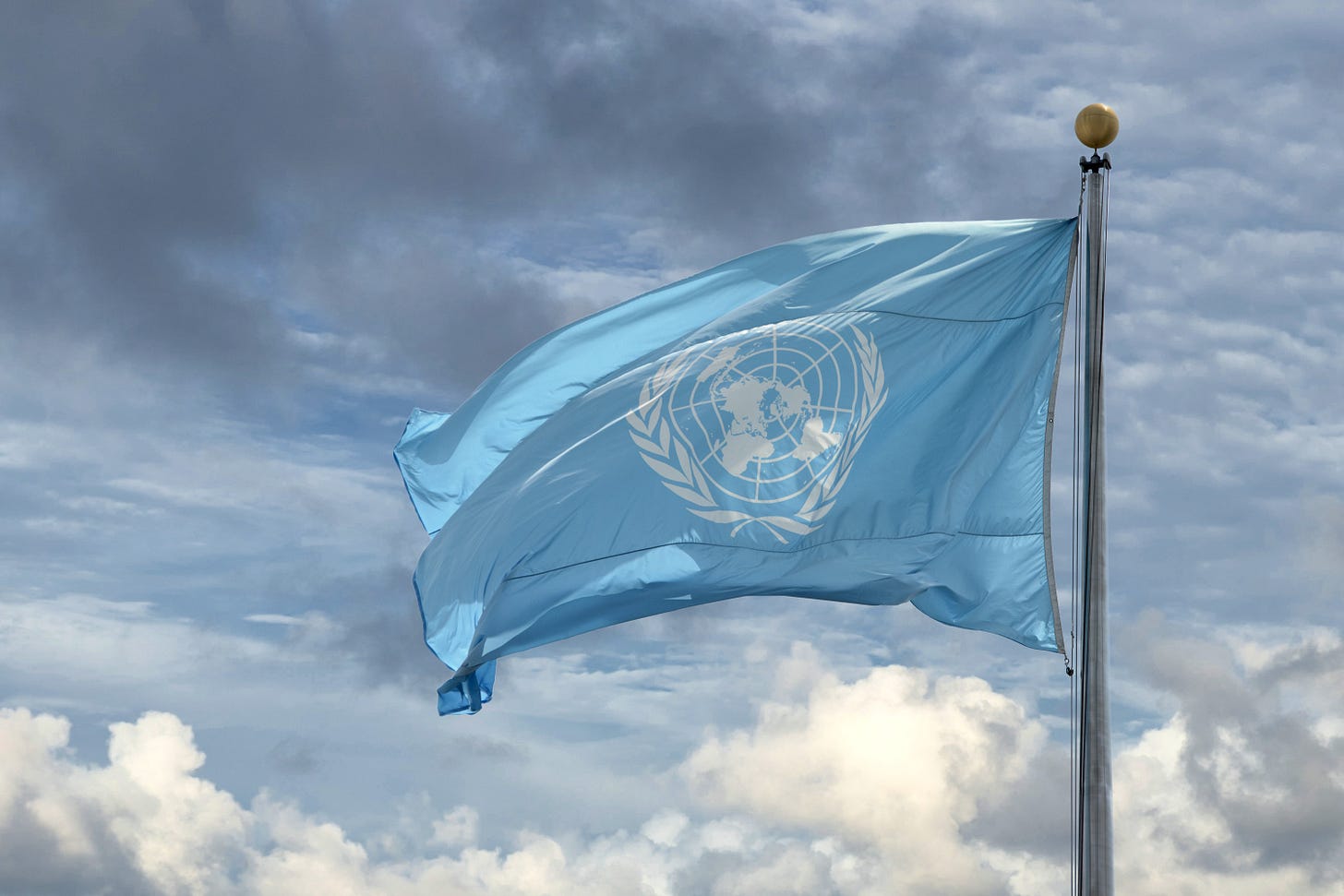OPCAT chaos continues: States reject Commonwealth budget funding
The federal budget listed two one-off payments to Queensland and Tasmania for the implementation of a UN anti-torture convention, but these had already been rejected by the relevant state governments.
Buried in last month’s federal budget was a table that appeared to show some progress towards Australia finally meeting its obligations under a UN agreement aiming to prevent torture in prisons and other places of detention.
The table listed one-off payments of $900,000 for Queensland and $200,000 for Tasmania to help with the establishment of independent inspection bodies for places of detention, a key element of the Optional Protocol to the Convention Against Torture (OPCAT).
But despite these payments being allocated for in the budget, they have already been rejected by the two states and will not be paid.
Australia ratified OPCAT in 2017, with states and territories responsible for nominating their own inspection bodies, known as National Preventive Mechanisms (NPMs).
New South Wales, Victoria and Queensland are still yet to appoint NPMs, despite a deadline of January last year.
These states have continually stated they will not make moves to be compliant with OPCAT unless the Commonwealth provides ongoing funding support, while the federal government has only committed to one-off funding packages.
While the federal budget last month included two one-off payments to Queensland and Tasmania, these funding offers have already been refused by both states and will not be made, indicating little progress has been made to break the funding deadlock that has stalled Australia’s compliance with the anti-torture protocol.
Attorney-General’s Department representatives confirmed this at a Senate Estimates hearing last week in response to questions by independent Senator Lidia Thorpe.
“What the budget papers reflect are both Commonwealth funding decisions but also offers made to states,” Attorney-General’s Department first assistant secretary Anne Sheehan said.
“The budget papers don’t necessarily indicate that those offers have been accepted by those states, but indicate an offer. We’re still having ongoing conversations with states.”
Sheehan confirmed that the funding offering was time-limited to the current financial year.
Department deputy secretary of the integrity and international group Simon Newnham said there is a “high level of urgency” to the work surrounding meeting the OPCAT obligations.
“We have not met those obligations - that is of course a real disappointment, but it does not mean we are downing tools in our efforts to get to full compliance in partnership with our state and territory counterparts,” Newnham said.
“We continue to work as hard as possible with all of those jurisdictions that haven’t yet committed to their preventive mechanisms to make up the federation of those elements.
“We remain hopeful of progress there as we do with all states and territories that have not yet agreed on funding levels with the Commonwealth government. The Attorney-General has been personally closely engaged with his state and territory counterparts on a number of occasions. We are hopeful of progress.”
The ACT is the only jurisdiction to have accepted the one-off funding offer for the implementation of OPCAT for the Commonwealth, with the territory receiving $100,000 as part of the 2022-23 budget.
In a joint statement following the May federal budget, the NPMs that have been nominated expressed “deep concern and disappointment” in the lack of funding allocated for OPCAT.
“We had hoped ongoing disagreements between Commonwealth, state and territory governments on the appropriate resourcing to fulfil our OPCAT mandate would be resolved,” the NPMs said.
“We urge governments to resolve this matter expeditiously and ensure that NPMs are appropriately resourced to fulfil their mandate.”

